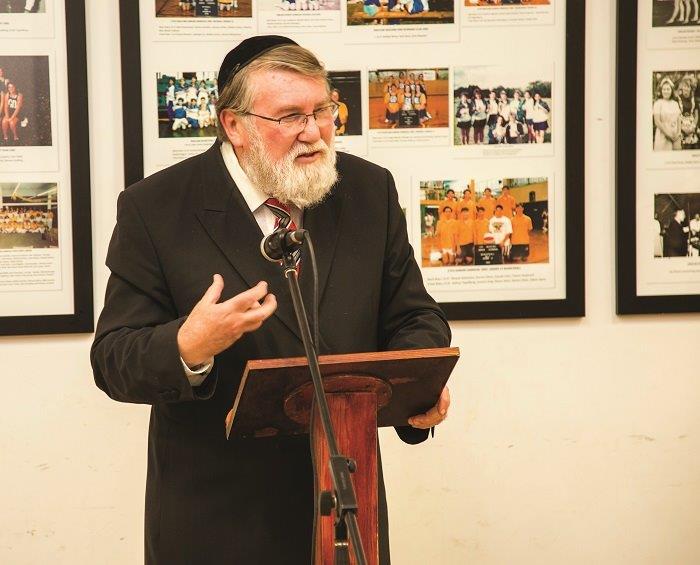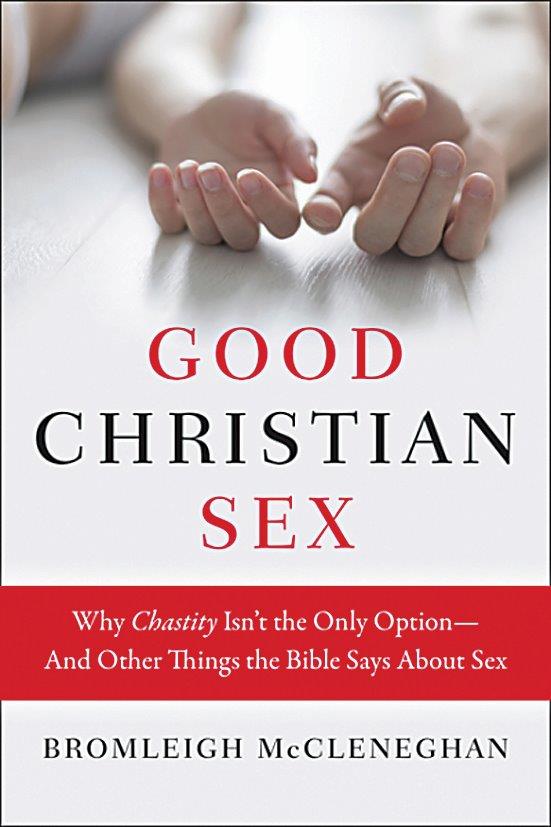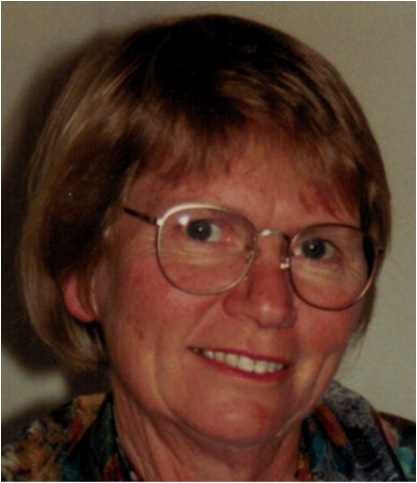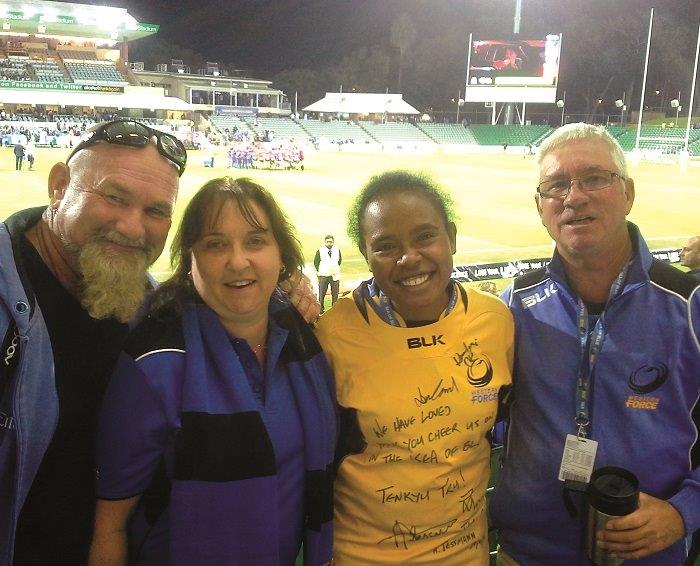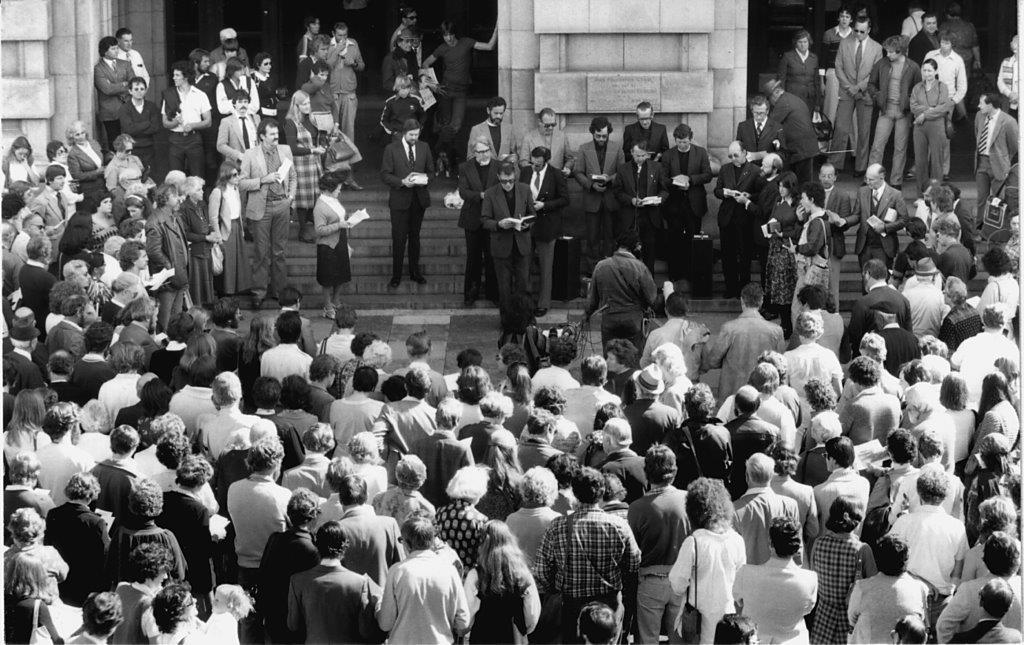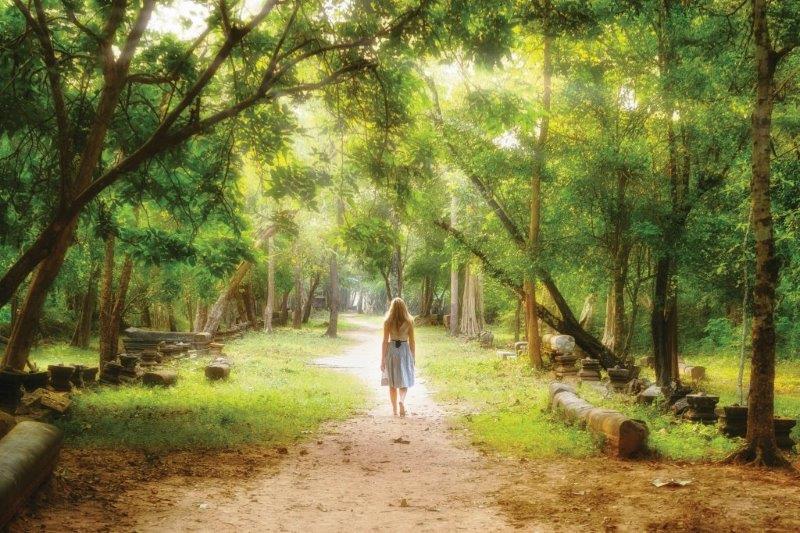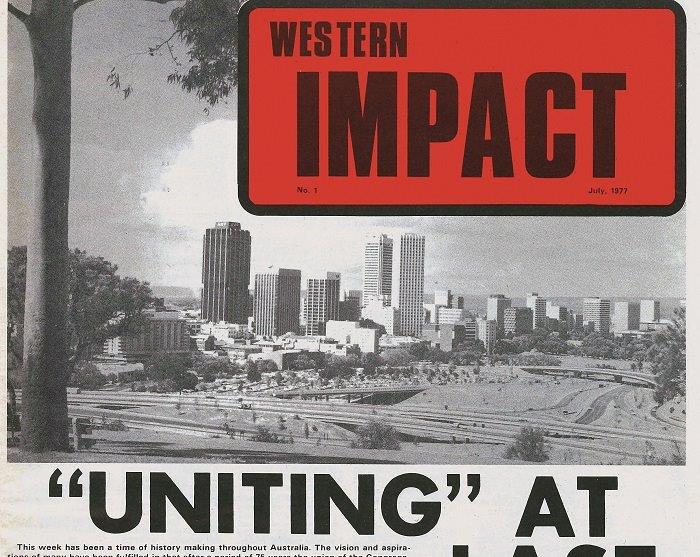UnitingWorld is the Uniting Church in Australia’s agency for working with people in Asia, Africa and the Pacific as they build lives free of poverty, and share the good news of Christ. UnitingWorld believe the two can’t be separated; they keep this work connected through ecumenical partnerships with churches in their communities, caring for people regardless of religion, politics or other boundaries.
Cath Taylor, from UnitingWorld, shares with Revive how this overseas community services agency is making big change from small change.
Australian Aid Funding
Right now, UnitingWorld is combining donations with Australian Aid Funding to give your gift up to six times the impact for people freeing themselves from poverty. In recognition of both the generosity of Uniting Church donors and the success of UnitingWorld projects, the Australian Government has made special funding available to select programs. UnitingWorld must first raise $1 for every $5 available in Australian Aid Funding.
Building solidarity
UnitingWorld doesn’t believe in charity – we believe in solidarity. We do everything in partnership with others who are committed to building on their strengths, long-term. This means there’s no expectation of a ‘hand out’ and everyone we work with is striving to make the most of their opportunities. This is the mindset that truly yields big change.
Investing long term
Our approach is to invest long-term in people: providing them with business training and solutions to poverty that give practical tools to take control of life. We help people start their own small businesses like breeding livestock, growing vegetables, selling second-hand clothes and repairing furniture or mobile phones. Once the loans we provide are paid back, they’re used again to kick-start someone else’s future.
Wise use of resources
We don’t waste money building things communities can’t use, handing out items that will need to be resupplied again and again, or using staff from Australia when local people can do the job themselves. We listen to and respect our partners because we’ve known them for years and have good relationships with them – they tell us what they need to make changes, and we get them the resources.
Accreditation
We’re accredited with the Department of Foreign Affairs and Trade (DFAT) and the Australian Council for International Development (ACFID) through the Australian Government and we pay a decent wage to our administration staff, rather than relying on the goodwill of volunteers. This may sound boring, but it actually means that not only are we using the best ideas to get things done, you can also be sure that the money you give is accounted for, our staff are well-trained and properly recompensed, our partners have sound business practices and no resources are wasted.
To give an end-of-financial-year donation to UnitingWorld call 1800 998 122 or visit www.unitingworld.org.au/freedom
